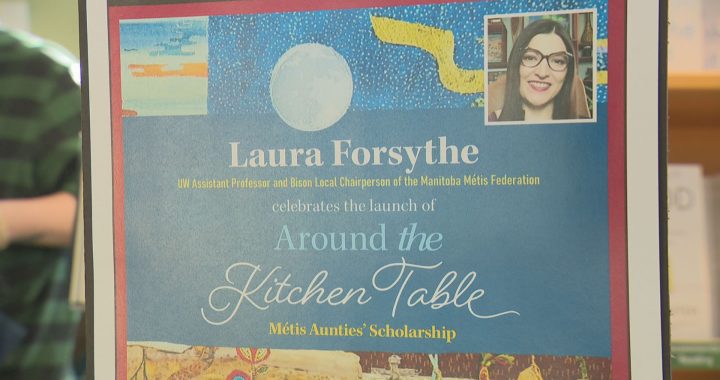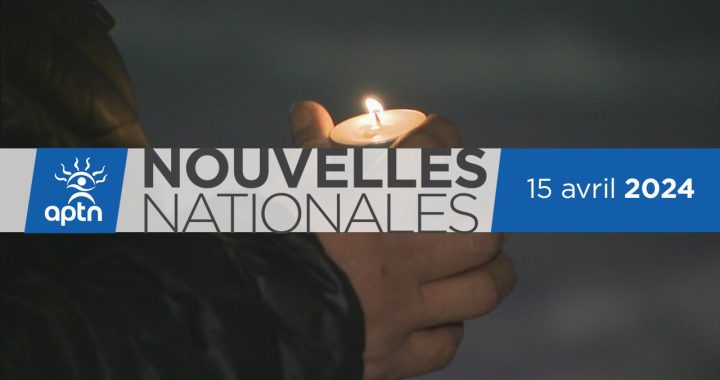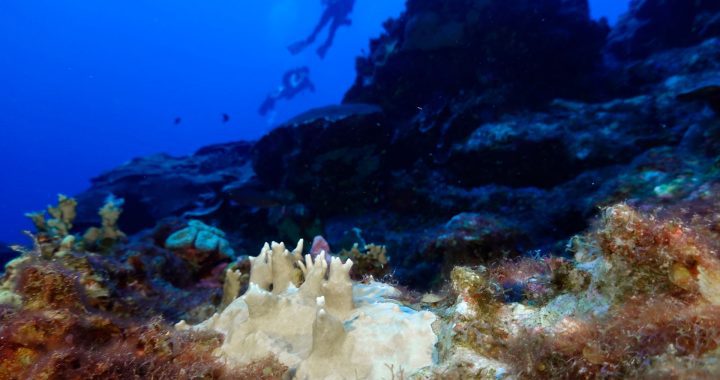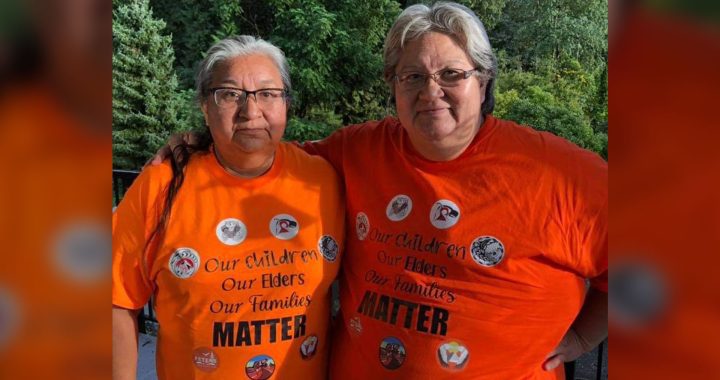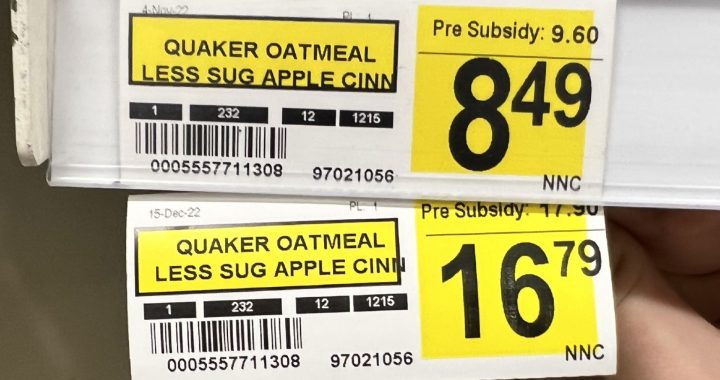The Centre for Addiction and Mental Health (CAMH) has partnered with Ontario MPP Sol Mamakwa to produce a video that address vaccine hesitancy among Indigenous Peoples.
Mamakwa said because of the extra barriers Indigenous people face, getting the vaccine is that much more important.
“It’s very important as Indigenous people especially because of, you know when we talk about overcrowding, when we talk about limited access to health care, when we talk about the representation of Indigenous people in hospitals with Covid cases, you know that percentage is high,” he said.
“That’s why it’s important to kind of make this message clear that, you know address the hesitancy of First Nations, Indigenous people taking the vaccine.”
The CAMH is Canada’s largest mental health teaching hospital and is a leading research centre in its field.
“I believe that one of the reasons that we have been prioritized is because it is addressing the extensive racism and discrimination that has been experienced by First Nations, Inuit and Metis people within the healthcare system in Canada,” said Dr. Renee Linklater in the video.
The educational video aims to increase awareness about vaccine confidence in Indigenous communities.
The video is a partnership between Mamakwa and the CAMH’s Shkaabe Makwa in Ontario.
“Shkaabe Makwa is a new centre for innovation for First Nations, Inuit and Metis wellness which supports various areas around mental health and substance use. We drive culturally relevant system initiatives and kind of work with medical knowledge and traditional healing pathways,” said Linklater, who is the senior director of Shkaabe Makwa.
Linklater is from Rainy River First Nations in Ontario and hopes the video will help viewers realize the benefits of getting vaccinated beyond protecting themselves.
“What we’re hoping is that those who may be contemplating getting the vaccine will kind of think through the opportunity to understand that the vaccine really will help keep us safe,” said Linklater.
“It’ll protect ourselves, it’ll protect our families and it will also reduce the spread that’s currently happening within our communities.”
While CAMH and Mamakwa are located in Ontario, Linklater said the messaging in the video can be used for all people.
“We are based in Ontario but I would say that the messaging is relevant for all peoples. And you know people even outside of First Nations, Metis and Inuit communities, I think vaccine hesitancy and vaccine confidence is a very real issue for many people.”
The video highlights the work that Indigenous leaders are doing to make the vaccine culturally safe and appropriate. Mamakwa said getting vaccinated can help protect our way of life as a people.
“I think for the safety of our, the way of life, the safety of our communities, the safety of our elders, the safety of our children, we need to take the vaccine and make sure, you know I encourage people to take that because of those,” he said.
“We got to save our languages, we got to save our way of life.”
CAMH also recently launched a Truth and Reconciliation plan to build stronger relationships between Indigenous and non-Indigenous people at CAMH.
Built into the plan is a list of clear directions to ensure targets are achieved through a lens of anti-Indigenous racism, reconciliation and Indigenous cultural safety.
They include a land acknowledgment in all buildings, staff orientation materials that reflect reconciliation and Indigenous Cultural Safety and anti-racism training for all staff and physicians.




